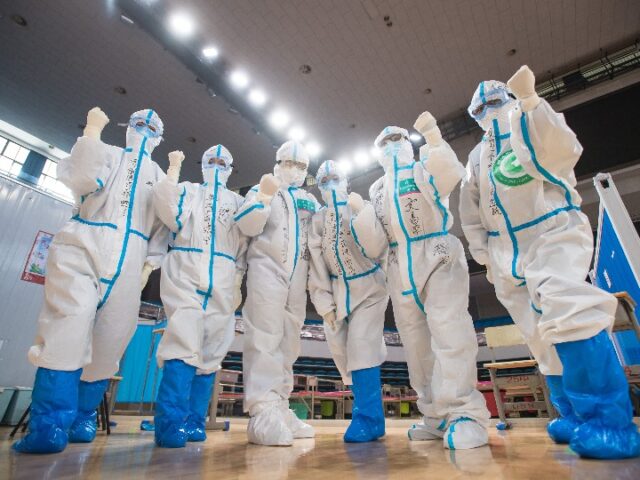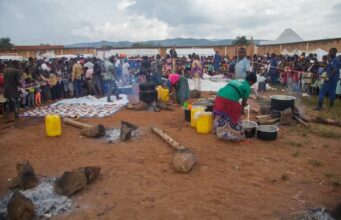Zhang Linqi is a tired man. A professor with over 30 years experience in infectious disease research, Zhang and his team of Chinese researchers from Tsinghua University in Beijing are working round-the-clock to find a cure for the coronavirus disease. From conducting experiments through the night, to liaising with researchers across China, and specialists in other parts of the world via video conferencing, Zhang is certain that a cure will be found soon.
“My mind is wholly occupied with the research on COVID-19, and we will not rest till we find a cure,” he said.
But where does this cure lie? Zhang says that his team have studied the mechanism by which the virus invades the host cells. This has given them a better understanding of how the virus operates ensuring that vaccine development will soon become possible. But how soon is the question?
“The research and development cycle for a vaccine usually takes a long period of time but the application of new technologies, plus the demand for emergency use in outbreaks of infectious diseases, will fasten the speed of vaccine development,” Zhang says.
His team isn’t the only one racing to find a cure for coronavirus. Since the outbreak of COVID-19, several Chinese research teams have been fully dedicated to vaccine development. Xu Nanping, Vice Minister of Science and Technology, said clinical trials for a vaccine could come by late April. “The vaccine development in China is at a similar stage to international efforts,” he said.
One of the problems that researchers are facing is that the virus is possibly mutating, making finding a cure more difficult. However, Chen Wei who is leading a team of researchers from the Academy of Military Medical Sciences, says that developing antigens – a toxin or other foreign substance which when injected induces an immune response in the body – can be found more easily today.
“The development of bioinformatics and big data mining today can help improve the design of the vaccine, making it more effective,” he says
It isn’t just big data that is lending a hand. Researchers from the Institute of Microbiology under the Chinese Academy of Sciences says past experience in the development of a vaccine for MERS-CoV – Middle East Respiratory System Coronavirus – is proving invaluable. These researchers say they are applying similar strategies and methods as they did for MERS-CoV, as they are for designing a vaccine for COVID-19.
But the road towards human testing is still a long one. The vaccines have to be tested first on animals and researchers are working together to conduct tests on mice and monkeys. In this regard, researchers from the Institute of Laboratory Animals Science under the Chinese Academy of Medical Sciences have coordinated with other institutions.
“Currently, six types of possible vaccines are being tried here,” says Qin Chuan from the institute.
While the race to find a cure has been welcomed, fears have increased that researchers may use “shortcuts” to bypass international norms and practices. However, Chinese officials and medical experts have assured that they are not only following internationally-recognised medical standards to ensure safety but are working closely with international organisations to ensure that dangerous quick-fix cures do not reach the market.
“China’s research and development of vaccines is carried out according to laws and technical requirements. Our researchers throughout have maintained communication with the WHO on the standard of vaccines. There is no need to worry,” says Zheng Zhongwei, director of the Development Centre for Medical Science and Technology of the National Health Commission.
















